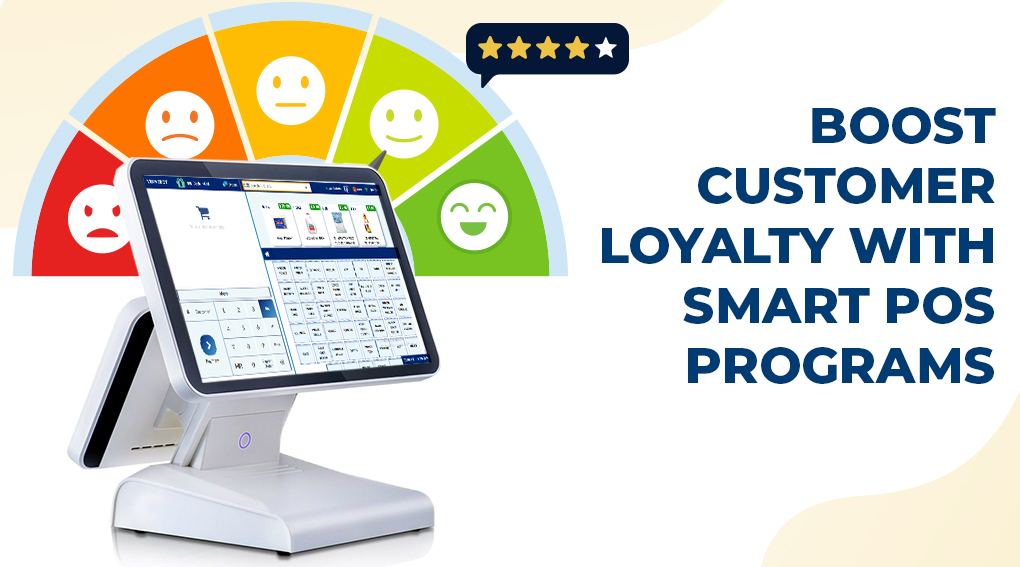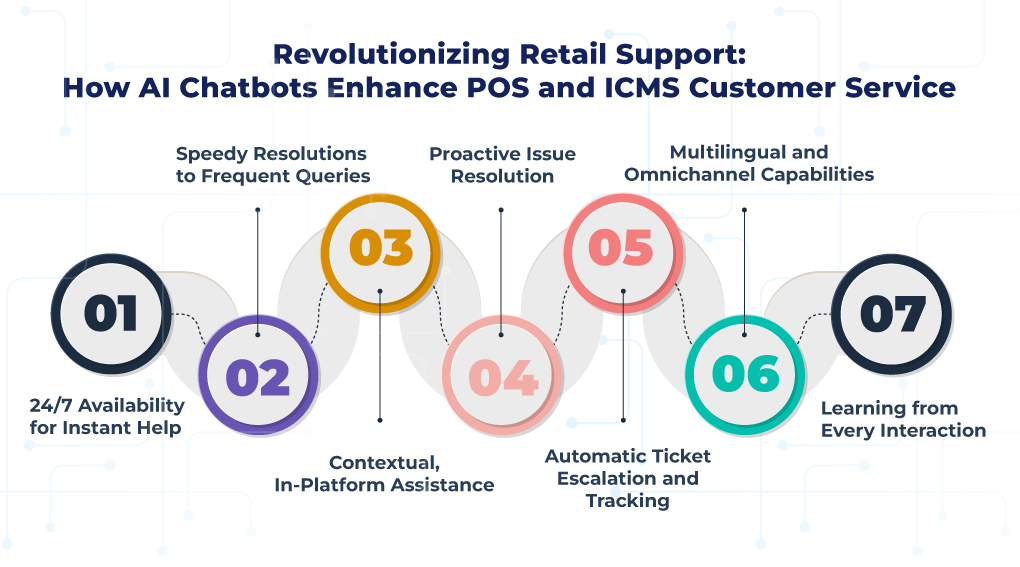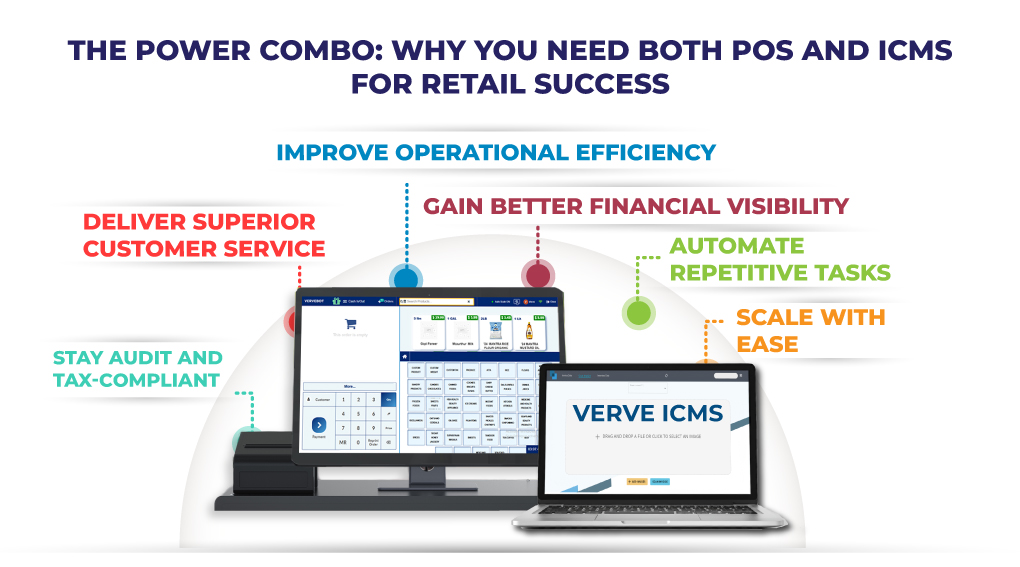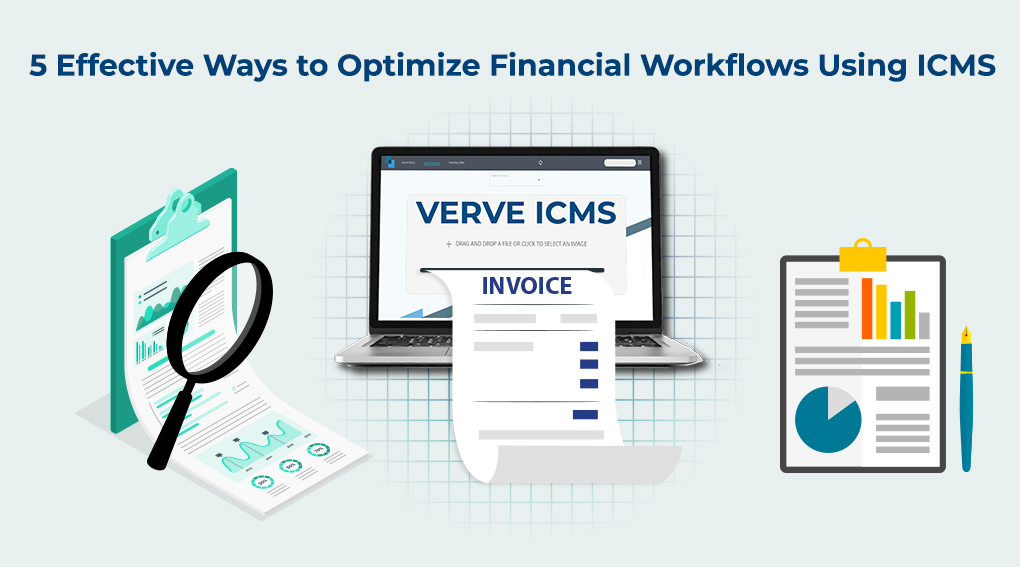In the ever-evolving digital landscape, businesses constantly seek effective ways to increase visibility and attract customers. Two crucial strategies often come into play: Search Engine Optimization (SEO) and Search Engine Marketing (SEM). While they share the goal of driving traffic to your website, they employ different techniques and yield distinct results. Understanding these differences is essential for crafting a successful online marketing strategy.
What is SEO?
Search Engine Optimization (SEO) refers to optimizing your website to improve its organic visibility on search engine results pages (SERPs). SEO encompasses various techniques, including:
- Keyword Research: Identifying relevant keywords that potential customers are searching for.
- On-Page Optimization: Crafting high-quality content, optimizing meta tags, and improving site structure.
- Off-Page Optimization: Build backlinks and promote your site through social media and other platforms.
Benefits of SEO:
- Cost-Effective: While SEO requires time and resources, it primarily generates organic traffic, so you don’t pay for each visitor.
- Long-Term Results: Once established, an effective SEO strategy can continue to attract traffic over time without ongoing costs.
What is SEM?
Search Engine Marketing (SEM), on the other hand, encompasses paid advertising strategies to increase your website’s visibility on SERPs. The most common platform for SEM is Google Ads, where businesses bid on keywords to display their ads above or alongside organic results.
Benefits of SEM:
- Immediate Results: Unlike SEO, SEM can generate traffic almost instantly as soon as your campaign goes live.
Targeted Advertising: SEM allows for precise targeting based on demographics, interests, and user behavior, ensuring your ads reach the right audience.
Critical Differences Between SEO and SEM
When to Use SEO vs. SEM
Choosing between SEO and SEM largely depends on your business goals and resources:
Use SEO if:
- You’re looking for long-term visibility.
- You have a limited budget and want to build a sustainable strategy.
- You aim to establish credibility and trust with your audience.
Use SEM if:
- It would help if you had quick visibility for a new product or service launch.
- You have a budget for paid advertising.
- You want to target specific customer segments effectively.
Integrating SEO and SEM for Maximum Impact
A combination of SEO and SEM can yield the best results for many businesses. Here’s how to integrate both strategies:
- Keyword Strategy: Use insights from your SEM campaigns to refine your SEO keyword strategy. Identify high-performing keywords in paid ads and optimize your content around those terms.
- Data Analysis: Regularly analyze data from both SEO and SEM campaigns to adjust strategies based on performance. Use metrics to understand which keywords drive conversions and traffic.
- Remarketing: Leverage SEM for remarketing to users who have visited your site through organic search, enhancing brand recall and conversion rates.
Conclusion
Understanding the differences between SEO and SEM is crucial for any business looking to improve its online presence. While both strategies have unique advantages, integrating them can create a powerful marketing approach that drives traffic and boosts conversions.
At Vervebot, we specialize in helping businesses navigate the complexities of digital marketing. Whether you want to enhance your SEO efforts or launch an effective SEM campaign, we support your growth.
Call to Action
Ready to take your digital marketing strategy to the next level? Contact us today for a consultation, and let’s explore how we can help you achieve your business goals!









